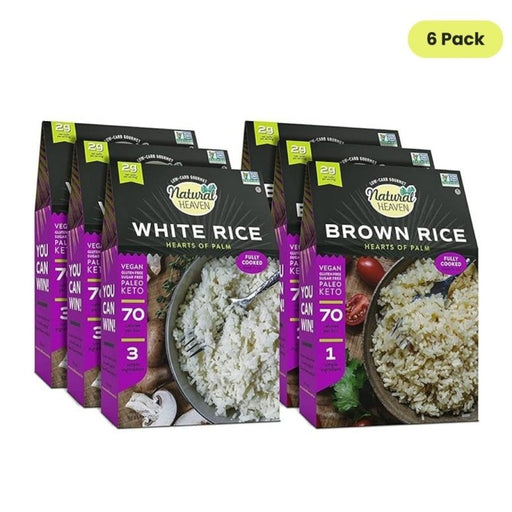Heart of palm is a nutrient-dense vegetable derived from the core of certain types of palm trees. This unique vegetable, which resembles a leek in appearance, is known for its crisp texture and subtle taste. But what is heart of palm good for? Let’s explore the health benefits and culinary versatility of this remarkable food.
Rich in Essential Nutrients
The heart of the palm is packed with essential vitamins and minerals while low in fat, calories, and carbohydrates. This makes it an excellent addition to a balanced diet. A 100-gram serving of canned heart of palm contains about 28 kilocalories, 2.52 grams of protein, 0.62 grams of fat, and 4.62 grams of carbohydrates.
It also provides dietary fiber, calcium, iron, magnesium, phosphorus, potassium, and several B vitamins. These nutrients are crucial for various bodily functions, including immune support, bone health, and energy production.
Promotes Weight Loss
One of the significant benefits of the heart of palm is its potential to aid in weight loss. Due to its low-calorie and low-fat content can be a healthy option for those looking to shed pounds.
Additionally, its high fiber and water content help promote satiety, making you feel fuller for longer and reducing overall calorie intake. Including the heart of the palm in your diet can support a weight loss regimen without sacrificing taste or nutrition.
Supports Heart Health
The heart of the palm is beneficial for cardiovascular health. It contains chlorogenic acid, a polyphenol shown to have heart-protective properties. This compound can help lower blood pressure, reduce the risk of thrombosis, and prevent atherosclerosis. Furthermore, the vegetable is high in soluble and insoluble fiber, which can help lower cholesterol levels and improve overall heart health.
Aids in Body Tissue Repair
The heart of the palm is a good source of essential amino acids such as lysine and leucine, which are necessary for body tissue repair and protein synthesis. This makes it an excellent addition to the diet for those recovering from injuries or surgeries. The high protein content also makes it a preferred vegan protein source, suitable for plant-based diets.
Antioxidant Properties
The heart of the palm is rich in polyphenols, which are known for their antioxidant properties. These compounds help neutralize free radicals in the body, reducing oxidative stress and lowering the risk of chronic diseases such as cancer, heart disease, and neurological disorders like Parkinson’s and Alzheimer’s.
Antioxidants also play a role in reducing inflammation, further contributing to overall health and well-being.
Regulates Blood Sugar Levels
Incorporating the heart of the palm into your diet can help regulate blood sugar levels. Its low carbohydrate content makes it an excellent alternative to highly processed foods containing refined carbohydrates and saturated fats.
This can reduce insulin resistance and help prevent conditions such as metabolic syndrome, type 2 diabetes, and non-alcohol-related fatty liver disease. For those on a keto diet, the heart of palm is a suitable low-carb option.
Culinary Versatility
Heart of palm is incredibly versatile in the kitchen. It can be eaten raw, but it is often cooked due to its perishable nature. It can be grilled, sautéed, seared, boiled, or pickled, making it an excellent addition to various dishes.
Popular uses include adding it to salads, casseroles, and omelets. It also serves as a great meat substitute in dishes such as hearts of palm spaghetti and hearts of palm lasagna, providing a delicious and nutritious alternative.
If you’re looking to incorporate the heart of palm into your diet, explore our collection at Natural Heaven. Our range of delicious and healthy products, made from sustainably harvested hearts of palm, allows you to enjoy your favorite foods without compromising on nutrition or flavor.












